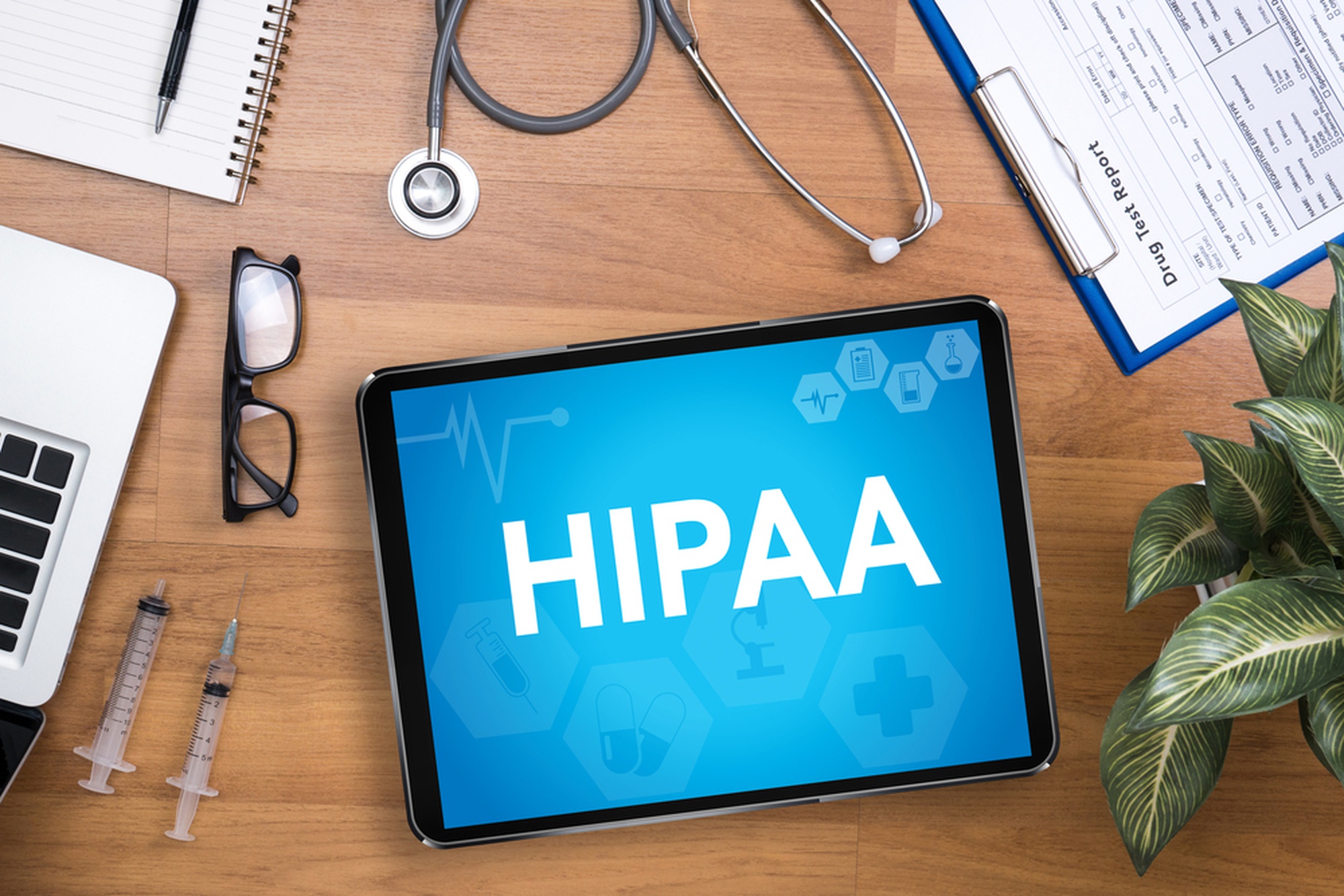HIPAA compliance is an absolute requirement for any healthcare provider. This law helps to keep patient data safe and secure while giving individuals greater control over their privacy. Technology is evolving at a rapid rate it is essential to make sure that any new system that is adopted is in compliance with HIPAA rules.

HIPAA compliance isn’t an easy task especially for businesses which are still trying grasp the concept of HIPAA is and how it impacts them. HIPAA compliance is mandatory for health care providers and people working in the insurance business. It is imperative to thoroughly examine the regulations and make sure that the procedures are in place to remain compliant. Although it’s difficult to accomplish, adhering to the law is imperative. Compliance will ensure improved data privacy protection and services, as well and avoiding possible penalties. If you know what HIPAA covers and taking the steps needed, companies can ensure that they are taking all the correct measures required under its rules.
HIPAA rules can be quite strict. However, effective security and privacy practices are intended to safeguard the most valuable of all belongings: information. The healthcare industry has increasingly transitioned to digital technology, such as Electronic Medical Records (EMR) enhanced security measures have been required to prevent any unintentional or unlawful divulging of patient’s private information. Even though guidelines have been developed to safeguard individuals but they have to be observed and strictly enforced. HIPAA is monitoring the situation to ensure the public to feel safe and secure.
HIPAA offers a substantial security for medical fields and the patients whose information is stored. It gives both covered entities (CEs) and business associates (BAs) the ability decide whether they need to utilize an addressable implementation specification. The decision is influenced by various factors such as the risk analysis, mitigation strategy, current security measures, as well as the cost of implementation. CEs and BAs have the option to think about alternatives or even skip the specific measure if they feel it is appropriate for their specific circumstances. HIPAA aids them in making informed decisions about security and protection. They also need to find a balance between technological safeguards and the control of users.
HIPAA compliance is a major benefit to many companies. Companies can ensure the privacy and security of personal health data of customers, patients and clients by adhering to the guidelines of the Health Insurance Portability and Accountability Act. Compliance assures that the patient’s medical information is only used to their benefit and the benefit of their healthcare providers. HIPAA compliance permits individuals to make informed decisions on how their personal health information is managed and used to give them assurance that no other entity is in a position to obtain or alter the data without authorization. Additionally, HIPAA compliance mitigates reputational risk for organizations by helping them avoid financial or legal consequences resulting from mishandling patient data because of insufficient security measures. As a result, complying with HIPAA standards can ensure the best possible patient experience, as well as the best protection for medical records.
These are just a few things to keep in mind when you think about HIPAA compliance. It is essential to know the law to ensure that you are able to comply with it. You should also consult an expert for help to understand it and to implement the systems and processes. It can be difficult to achieve full compliance, however, it is crucial for protecting the rights of your patients as well as keeping their medical information confidential.
For more information, click hipaa requirements include
